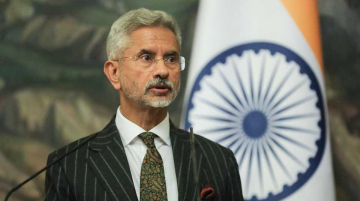“We have lost the ability to repay foreign debt.” This was the message from Sri Lanka’s newly appointed Central Bank Governor Nandalal Weerasinghe to journalists on Tuesday. The announcement could signal a wave of defaults across the Global South and makes Sri Lanka the newest front in a war of words about Chinese lending to the Global South.
Colombo announced a halt on all repayments on foreign debt, to preserve its foreign currency for food and medicine. The announcement came amid ongoing protests against the government of President Gotabaya Rajapaksa, and warnings that the island state could face mass starvation.







